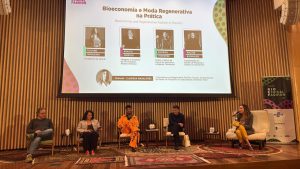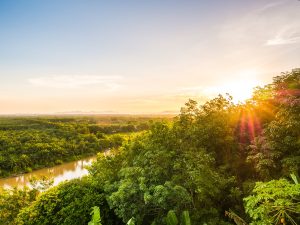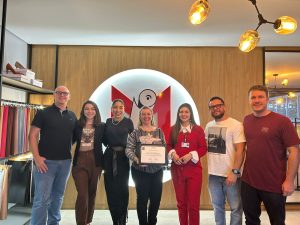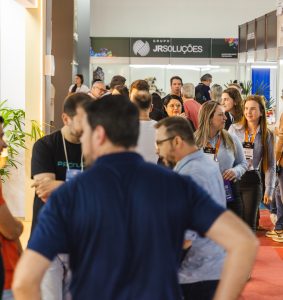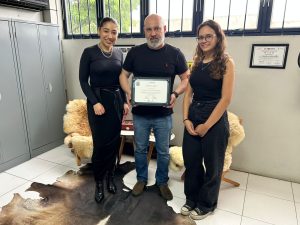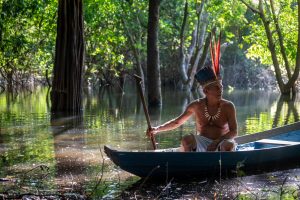Assintecal to Present Local Amazon Biome Iconography at COP30
Since October 2024, the Brazilian Association of Companies of Components for Leather, Footwear and Manufactured Goods (Assintecal), in partnership with Sebrae Nacional and Sebrae Pará, has been carrying out the Local Amazon Biome Iconography project.
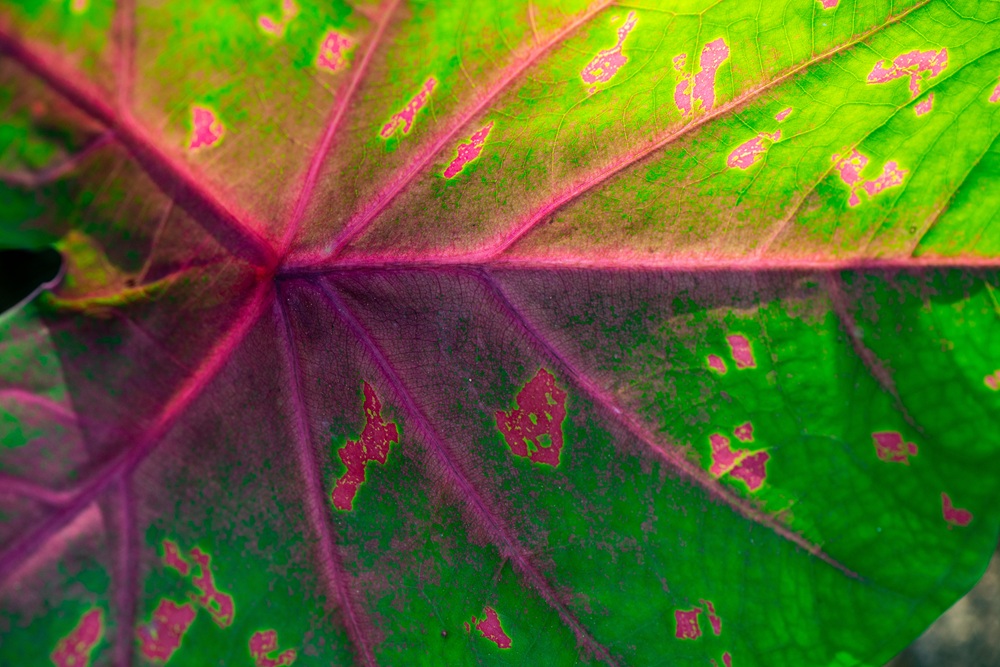
Since October 2024, the Brazilian Association of Companies of Components for Leather, Footwear and Manufactured Goods (Assintecal), in partnership with Sebrae Nacional and Sebrae Pará, has been carrying out the Local Amazon Biome Iconography project. The initiative has already included eight creative workshops, seven lectures, press conferences, and dozens of in-person and online mentoring sessions in Pará. The goal is to promote the cultural and productive identity of the Amazon and train 20 local micro-entrepreneurs to develop products based on insights from a research study about how the forest’s biome can contribute to creations full of regional identity and design. The products created will be featured in a video and photographed for the project’s book between September 17 and 26. The launch of the publication and video will take place during COP30, from November 10 to 21, in Belém, Pará.
The project coordinator, Walter Rodrigues, explains that the initiative, conducted in the territories of Santarém/Alter do Chão, Belterra, and Mojuí dos Campos, developed an in-depth territorial study focused on local identity. The research includes elements such as the biome, history, architecture, cuisine, beliefs, artisanal knowledge, folk festivals, and a color palette representative of the region. “Based on the creative inputs from the research, Assintecal assists local micro and small businesses in developing products and services with a territorial identity, valuing the regional fashion ecosystem and promoting innovation based on local culture,” Rodrigues explains. He highlights that the research serves as a foundation for developing innovative collections that value a culture of belonging in the fashion, furniture, tourism/gastronomy, hospitality, craftsmanship, and creative economy segments in general.
Valuing and Preserving the Forest
According to Silvana Dilly, Assintecal’s superintendent, the project values and connects the Amazon forest with the fashion industry. “We believe and work to help companies understand that, to remain competitive, it is essential to comprehend the theme of sustainability, which is one of the project’s pillars. If we want to be recognized globally as the most sustainable industry on the planet, we need to observe global practices, but, above all, look inward to our own rich country, where our identity and much of what we seek when we talk about conscious capitalism are found,” the executive comments. She emphasizes that the project came to life as an initiative that values territorial identity and transforms local knowledge into opportunities, strengthening companies and communities. “More than mapping visual and cultural elements, the project built bridges between what the Amazon is and what it can become in the global market,” she points out, stressing that the project’s objective is not to change, but to stimulate the creative potential of artisans, “packaging” this creativity with the iconography process. “It’s a way to generate income for local communities and help keep the forest standing, because when you live from the forest, you don’t cut it down,” she concludes.
Participants
The following participate in the Local Amazon Biome Iconography project: Amazoniere, Amélias da Amazônia, Biojoias Natureza Viva, Chácara Nova Esperança, Casa do Eltom, Coomflona – Cooperativa Mista da Flona Tapajós, Cuias Aíra – Associação das Artesãs Ribeirinhas de Santarém (Asarisan), Deveras Amazônia, Escola Indígena Borari Antônio de Sousa Pedroso, Etno Confecções Borari – Associação de Mulheres Indígenas Suraras do Tapajós, H Móveis Madeira, Quintal Produtivo Belt Bom, Loja Zagaia, Mestre Jefferson Paiva, Nunghara Biojoias, Pousada do Mingote, Quilombo de Murumurutuba – Rafro Modas, Quilombo de Murumurutuba – Azearte, Trançados do Arapiuns, and Viveiro Floresta Ardosa.
Read also
